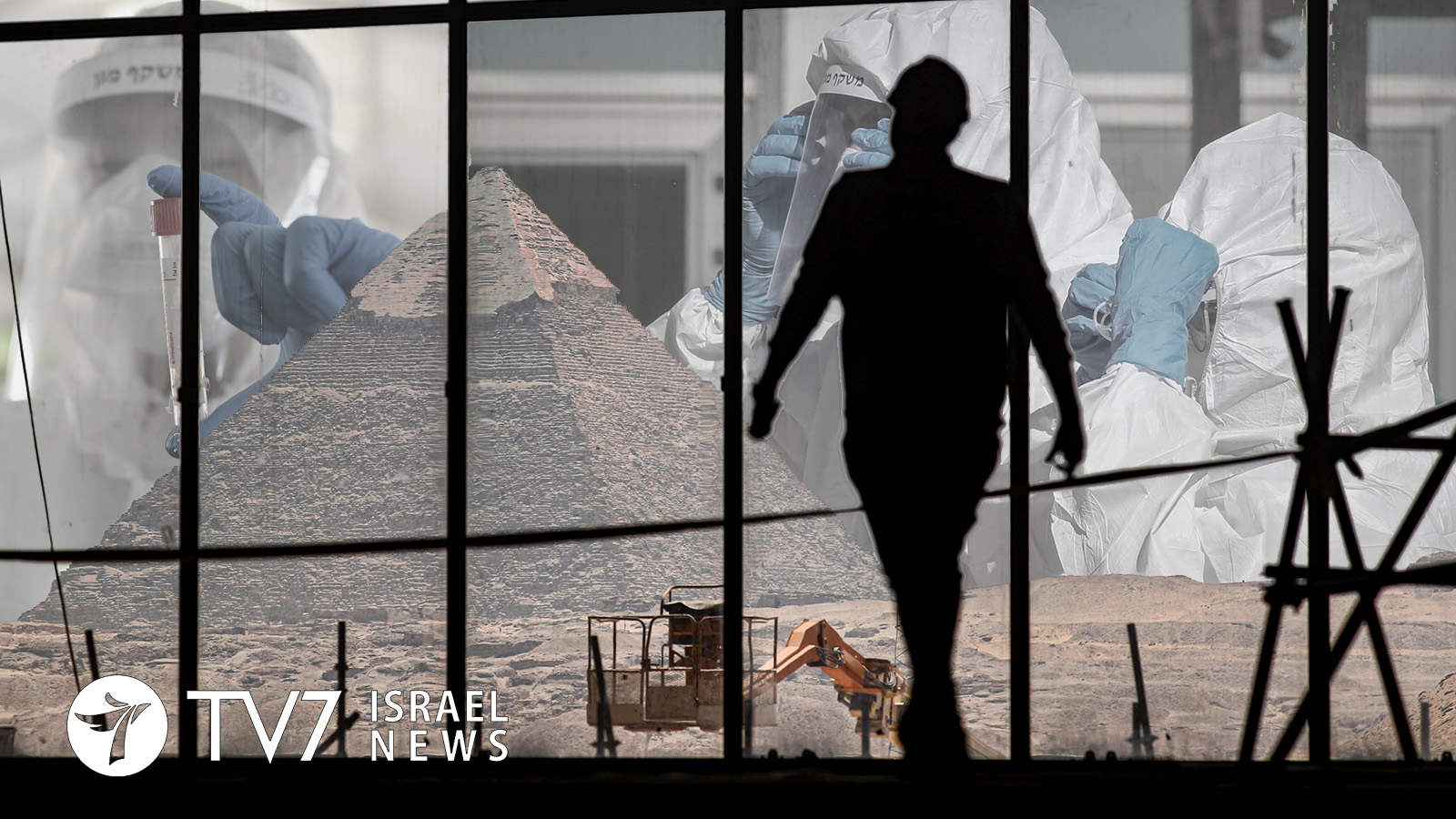Egypt, the Arab world’s most populous nation, has extended its curfew aimed at combating the coronavirus until 23 April. All houses of worship, schools and tourist sites will remain shuttered, and public religious gatherings will be banned during the upcoming Islamic holy month of Ramadan, which begins in late April.
Egypt reported its first coronavirus case on 14 February. The number of confirmed infections has steadily risen to 2,505, including 183 deaths.
Other measures to contain the disease include the government provision of E£1 billion Egyptian pounds ($64 million) in extra funding for health services. The sum comes in addition to some E£125 billion pounds already allocated to the sector in the nation’s E£1.6 trillion Egyptian pound 2019/20 budget.
Manufacturers have also been ordered to channel medical protective equipment to public hospitals.
Analysts remain concerned, however, over the ability of Egypt’s health care system to cope with an escalation of infection among the Arab Republic’s 100 million residents – where the population density could exacerbate potential contagion. Decades of under investment left many hospitals dependent on donations for many services and supplies.
According to the World Bank, in recent years more than 50% of patients have been forced to seek private care due to the low quality provided at primary public health facilities and hospitals.
While the World Health Organization (WHO) has praised efforts Cairo has undertaken, it has been stressed that they can be scaled up in some areas. Jean Jabbour, head of the WHO’s Egypt office, told Reuters that 400,000 test kits have been delivered and there 50% of the 1,200 beds allocated for COVID-19 treatment are equipped with ventilators. He added that a plan is in place to increase these numbers in preparation should there be a surge in the outbreak.
Since the start of the contagion in February, the number of coronavirus testing centers has been increased from just on in the entire country to 50. Eight isolation and treatment hospitals have also been opened. All medical personnel have been promised a modest salary bonus from President Abdel Fattah el-Sisi for their ongoing service.
Officials say they believe they are able to contain the disease through testing, tracing, isolation and treatment; along continued enforcement of the night-time curfew and the closure of airports, schools, restaurants, firms, shops and mosques.
A E£100 billion-pound ($6 billion) plan to stem the economic fallout has also been approved by President Sisi. The measures include payment of salaries for staffers working from home. According to a 2018 study by the International Labor Organization (ILO), nearly 2 out of every 3 jobs in Egypt are in the informal sector, meaning that the workers are not registered on social insurance rolls. The government’s assistance plan includes a 3-month disbursement of E£500 pounds per month to each worker, but analysts say it is a challenge to distribute the emergency funds to people who are not in the system.
A 48-year-old day laborer named Yasser Nagi told Reuters that he has been waiting in vain for two weeks for work on a construction site so he can feed his family. “”Our health depends on our source of income, and our health is our source of capital. If we work, we eat. If we don’t work, we don’t eat,” Nagi said, sitting next to his tools alongside other day laborers under a bridge in Cairo’s Saida Aisha district. He said he has applied for the aid but has not yet received any money. “This (lockdown) is correct, yes, but only if we were full time laborers, we wouldn’t have to leave our homes because we would get paid at the end of the month,” he explained, adding, “But where is my salary? I have electricity, water (bills) and rent to pay, here (in Cairo) and back at my home in the countryside. This coronavirus has turned our lives upside down.”
To help irregular workers, the government has launched an online system where they can apply for the monthly payment. Construction and port workers as well as sailors, miners and other workers are eligible; but so far, only 1.5 million workers out of an estimated force of 30 million have registered. There are also delays in the disbursement of the assistance even after applying, said café employee Khaled Ibrahim. He said that after having registered on the government database, “they told me to come in two days. I came after two days they told me to come back in a week.”
The pandemic has all but destroyed Egypt’s vital tourism industry, which typically accounts for an estimated 15% of GDP. Closure has been enforced on hotels and all of the popular sites of visitation, including the famous Pyramids of Giza for the first time in recent history.
“The tourism industry is the first thing that gets affected, and the last thing that recovers,”said Amr Adel, who owns a souvenir shop in Cairo’s historic Khan al-Khalili market.
Adel said business has never been this bad, even in the turmoil following the ousting of late President Hosni Mubarak in 2011. The father of four bemoaned, “We’ve lived through the revolution phase and have gone through other periods of hardship, but we’ve never seen anything like the impact of the coronavirus.”
